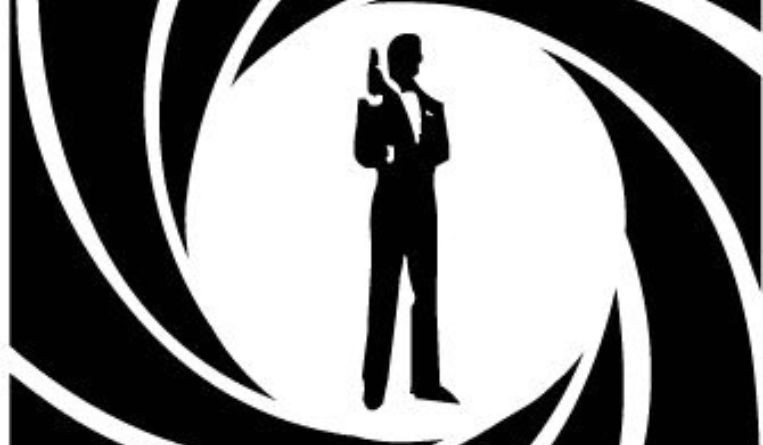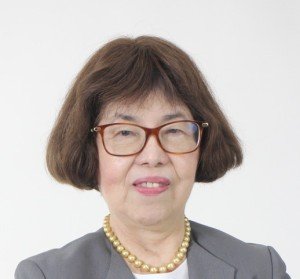James Bond declared a well-known mark
31 October 2022

|
Suyen Corporation Goods in Class 3 |
Danjaq LLC Goods in Classes 9, 41 |
Would the use of the mark AGENT BOND indicate a connection to the mark JAMES BOND?
|
Suyen Corporation Sample of actual use |
Danjaq LLC Sample of actual use |
To both questions, the Supreme Court of the Philippines said yes in its decision in the case of Suyen Corporation v. Danjac LLC (G.R. No. 250800, July 6, 2021, published April 20, 2022).
Background. On February 16, 2010, Suyen Corporation, a Philippine conglomerate popularly known for its clothing brand BENCH, filed an application for its trademark “Agent Bond” covering the goods “hair refresher, hair gel, hair lotion, hair treatment, hair shampoo and hair conditioner.” Danjaq LLC, a United States-based corporation opposed Suyen’s application for being confusingly similar to its trademark “James Bond” and its associated “Bond” marks. Danjaq claimed that James Bond is a fictional character, also known as Agent 007, who portrays himself as a British secret agent or spy, and has been the star of 22 films since 1962 and has gained international popularity due to the success of the James Bond films, and as such has prior use of the Agent Bond mark. Danjaq further alleged that Suyen’s Agent Bond is an attempt to ride on the popularity of the James Bond marks. The James Bond mark as registered in the Philippines covered the goods in Class 9, and the services “education and entertainment” in Class 41. Danjaq argued that the use of the mark “Agent Bond” causes confusion as to the origin making it appear that Danjaq approved Suyen’s use of the mark “Agent Bond” and because “James Bond” is a well-known mark, any product bearing said mark or other related marks is highly marketable.
Suyen’s defenses. Suyen operated beauty salons named “FIX Bench Salon”, and before that it manufactured, advertised, distributed and sold hair products and other hair styling products under the “FIX” trademark. One of the Agent Bond styling gums was placed on packaging materials with the FIX trademark and has been marketed, advertised, distributed and sold since March 8, 2005. Suyen contended that “Agent Bond” is only “a creative but non-descriptive way of making reference to the function of the product – that the word ‘agent’ is used to convey that the product is a device, while the word ‘bond’ refers to the product’s ingredients to hold or bind the hairstyle. It also argued using the dominancy test that while both marks shared the common word “Bond” the terms “Agent” in its mark, and “James” in Danjaq’s mark were equally prominent and there would be no mistaking one for the other. Further, showing several trademarks with the word “Bond”, Suyen claimed that the word “Bond” has been diluted, and Danjaq has no exclusive right to the word “Bond”, and therefore, cannot over-extend the protection of its “James Bond” mark to include “Agent Bond”.
IPOPHL’s Ruling. Since both marks contained the word “Bond”, the Bureau of Legal Affairs, the adjudicating arm of the IPOPHL, made a closer scrutiny of the distinctive words “Agent” and “James”. The Bureau of Legal Affairs concluded that since the word “Agent” was placed before “Bond”, it gave the impression that it was connected to “James Bond” who is referred to as “Agent 007” or “Agent Bond”. The bureau also opined that there could be confusion of business if the trademark application for “Agent Bond” were to be granted. There is confusion of business because Agent Bond may be assumed to originate from Danjaq, causing the public to believe that Suyen’s hair products are connected to Danjaq. The bureau then ruled that the mark Agent Bond is not registrable for being confusingly similar to the mark James Bond. Dissatisfied, Suyen appealed to the Office of the Director General (ODG) which sustained the Bureau of Legal Affairs decision. Suyen then appealed to the Court of Appeals.
Court of Appeals’ Ruling. The Court of Appeals agreed with Danjaq that Agent Bond does not describe a product that binds the hairstyle but refers to the fame of the James Bond franchise, and consequently declared the mark James Bond on the basis of the following criteria under Rule 102 of the IP Code: (a) extent and exclusivity of the worldwide registration of the mark James Bond; (b) length and extent of use of James Bond worldwide; (c) the degree of the inherent or acquired distinction of the mark; (d) the extent and promotion of the mark; and (e) the commercial value attributed to the mark in the word.” Suyen appealed the Court of Appeals’ decision to the Supreme Court.
Supreme Court’s Ruling. Based on the evidence, the Supreme Court held that there is confusing similarity between the competing mark, that the use of Agent Bond would indicate a connection with James Bond, and the use of Agent Bond will likely damage Danjaq’s interest over James Bond. The Supreme Court upheld the Court of Appeals’ declaration of James Bond as a well-known mark on the basis of substantial evidence on record, particularly, the certificates of registration of the James Bond and other related “Bond” marks in at least 32 countries, the fame of the James Bond movie franchise and Suyen’s own admission of the popularity of the fictional character James Bond. On the issue of damages as relating to well-known marks, the Supreme Court, quoting the Levi Strauss case, held that damages are present when there is trademark dilution. While Philippine laws and jurisprudence have not distinguished the types of dilution, the Supreme Court referred to American jurisprudence cited in the Levi Strauss case, and stated that dilution by blurring is present in the instant case. Given all the above, the Supreme Court ruled that the mark Agent Bond is non-registrable.
The Supreme Court found the occasion to say in this case that “the objects of a trademark are to point out distinctly the origin or ownership of the articles to which it is affixed, to secure to him who has been instrumental in bringing into market a superior article or merchandise the fruit of his industry and skill, and to allow the original owner of the mark to expand his/her business without the fear of a second user freely riding on the original owner’s goodwill.”








